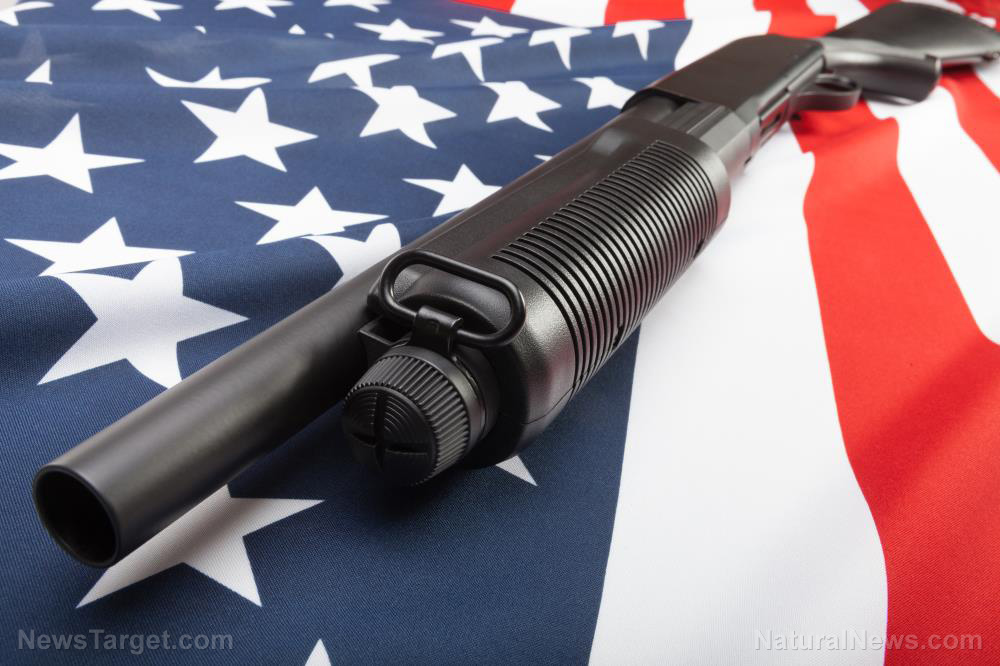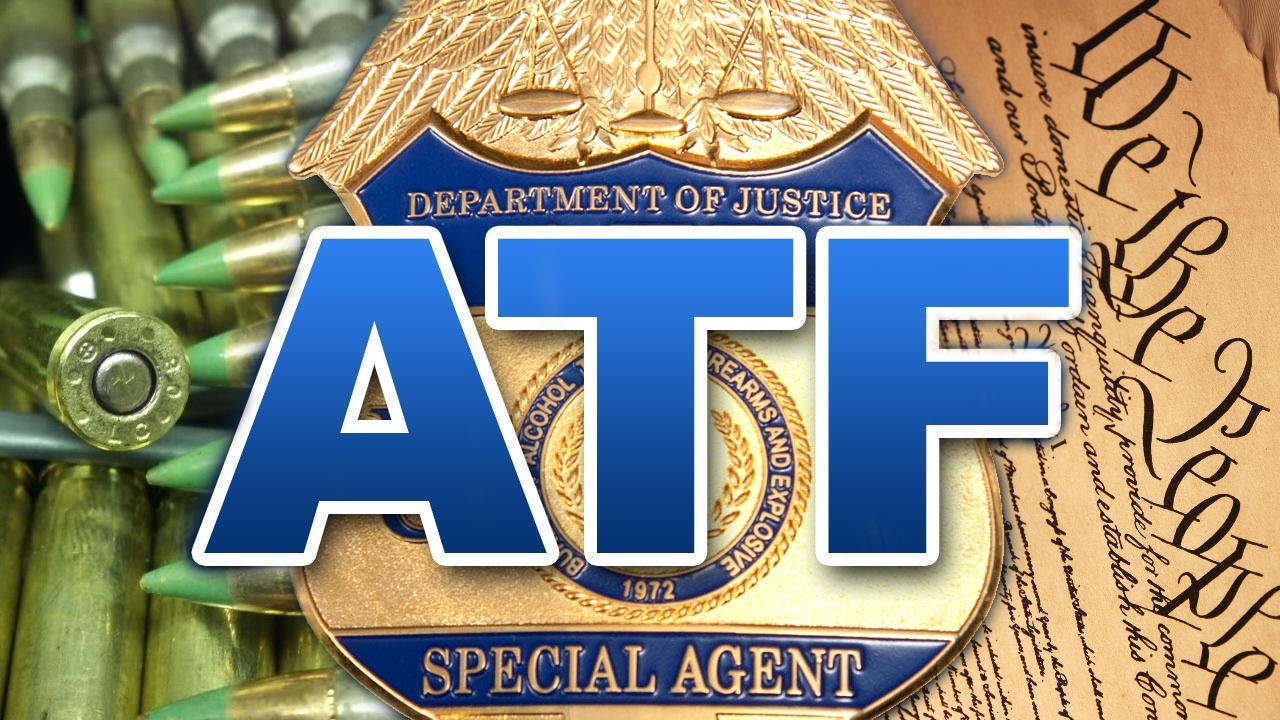
Responsible gun owners across the U.S. are up in arms over a new regulation altering the classification of firearm dealers released by the Bureau of Alcohol, Tobacco and Firearms (ATF) on Aug. 31.
Acting under the directives of the Biden administration, the ATF significantly broadened the scope of background checks, effectively covering almost all firearm sales across the United States.
Groups like the National Association for Gun Rights, known for their unwavering stance against universal background checks (UBCs), have been battling this issue since the Toomey-Manchin congressional dispute in 2013, which followed the tragic Sandy Hook mass shooting.
Dudley Brown, president of the National Association for Gun Rights (NAGR), expressed his grave concerns.
"The ATF and Biden are manipulating the definitions outlined in the U.S. Code to effectively prohibit private firearm transfers. The wording of this proposed regulation grants the government extensive authority to prosecute individuals involved in firearm transfers," Brown said.
"Universal Gun Registration is the concealed agenda of anti-gun advocates in D.C., and they are determined to achieve it by any means necessary. History has shown that registration often paves the way for confiscation."
NAGR is actively gathering petitions from its members and supporters to present to the ATF. These petitions allow gun owners to voice their objections to the ATF's comprehensive 108-page regulation during the 90-day comment period.
Brown questioned the significance of a 90-day comment period, given the lack of accountability of the bureaucrats involved, who can seemingly devise rules arbitrarily. "We are mobilizing our members to resist yet another overreach by the ATF and are exploring potential legal avenues," he asserted. (Related: Congressman introduces bill to block ATF from keeping records of gun purchases.)
ATF out to erode Second Amendment
The ATF has a track record of pursuing authoritarian measures that undermine gun rights. It operates as an unconventional agency, driven toward eroding the Second Amendment. Critics argue that it should be defunded and ultimately abolished in the long term.
The debate over gun control in the U.S. is contentious and enduring, marked by deeply held beliefs on both sides of the argument. It revolves around fundamental questions about individual rights, public safety and the role of government in regulating firearms. As the nation grapples with the challenge of curbing gun violence while respecting the Second Amendment, this debate remains a central issue in American politics and society.
The U.S. has a long and storied history with firearms. The Second Amendment to the U.S. Constitution ratified in 1791, enshrines the right of citizens to keep and bear arms. This right was rooted in the nation's colonial and revolutionary experiences, where firearms played a crucial role in self-defense and the fight for independence.
Proponents of gun rights often emphasize the importance of the Second Amendment as a safeguard against tyranny and a means for individual self-defense. They argue that responsible citizens have the right to own firearms for protection, hunting, and sporting purposes. Many contend that restrictions on gun ownership only affect law-abiding citizens and that criminals will find ways to obtain firearms regardless of the laws in place.
Advocates for stricter gun control measures argue that the country's gun-related death rate is significantly higher than that of other developed nations. They believe that implementing measures such as universal background checks, waiting periods, and restrictions on certain types of firearms can help reduce gun violence. They also argue for improved mental health screening to identify potential risks and keep firearms out of the hands of those who may pose a threat to themselves or others.
Tragic events such as school shootings and mass shootings in public places have intensified the gun control debate in the United States. These incidents often lead to calls for stricter gun control measures, including from survivors and families of victims, who argue that more must be done to prevent such tragedies.
One of the central challenges in the gun control debate is striking a balance between respecting individual Second Amendment rights and addressing public safety concerns. Finding common ground and effective solutions has proven to be a complex and divisive task.
Watch this video about civil rights and gun control.
This video is from the Ruth Mackenzies channel on Brighteon.com.
More related stories:
Poll in pro-gun control Washington, DC finds 75% OPPOSE measure against Second Amendment.
Study proves there is NO CORRELATION between gun control laws and mass shootings.
Sources include:
Please contact us for more information.



















